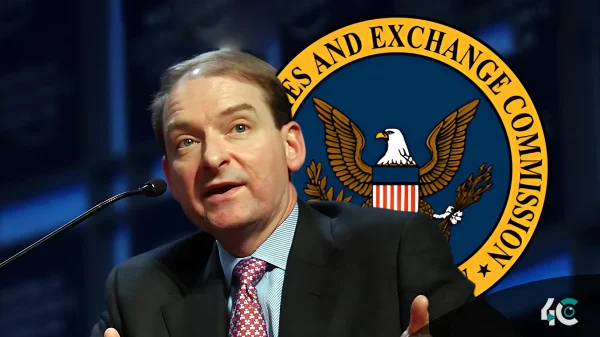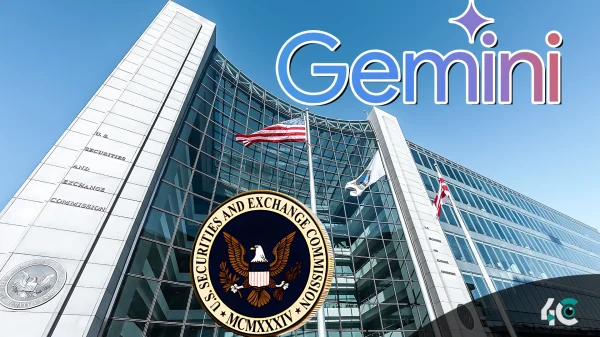Bitcoin is no longer merely a financial asset; it is also gaining political traction. According to the New York Digital Investment Group (NYDIG), recent election results in the United States indicate a possible shift in the political environment, making Bitcoin ownership increasingly important. Greg Cipolaro, NYDIG’s worldwide head of research, stated that recent Republican victories led by Donald Trump highlight a new “political imperative” for Bitcoin, making non-ownership a possible liability.
“Investors have often held no allocation to Bitcoin, but with these political developments, there are no more excuses,” Cipolaro said in a recent briefing. He warned that dismissing or ignoring Bitcoin might have serious financial ramifications. The cryptocurrency has gained by 84% in 2024 alone, reaching fresh highs near $82,000, thanks in part to Trump’s victory.
The Republican Party, which won substantial territory in both the Senate and the House of Representatives, has traditionally supported crypto-friendly laws. Cipolaro asserted that increased governmental support could enhance the integration of Bitcoin and blockchain technology into the broader financial system. “The crypto sector now sees itself with a seat at the highest levels of government, a shift that could make cryptocurrency and blockchain a more recognized part of mainstream finance,” he told me.
Cipolaro predicts that as new heads of federal agencies take office in 2025, there will be more favorable legislation and rules for cryptocurrency. Trump has previously pledged to replace Securities and Exchange Commission (SEC) Chairman Gary Gensler, with sources pointing to Robinhood’s senior legal executive as a potential candidate. This predicted change could result in a softer approach to crypto rules, including the potential withdrawal of numerous high-profile lawsuits against crypto firms filed by the SEC.
Cipolaro anticipated a settlement of these lawsuits, which would enable crypto firms to function within a more transparent regulatory framework. He also mentioned that certain enforcement measures against companies like Robinhood, ConsenSys, Crypto.com, and others could be lessened or even dropped if they are no longer seen as serving the public interest.
Cipolaro also mentioned the likelihood of a crypto-friendly position forming among major regulatory agencies such as the Federal Deposit Insurance Corporation (FDIC), the Office of the Comptroller of the Currency (OCC), and the Treasury. We expect new appointees to these positions to foster a regulatory environment that permits banks to offer custody services for digital assets, including stablecoins.













































